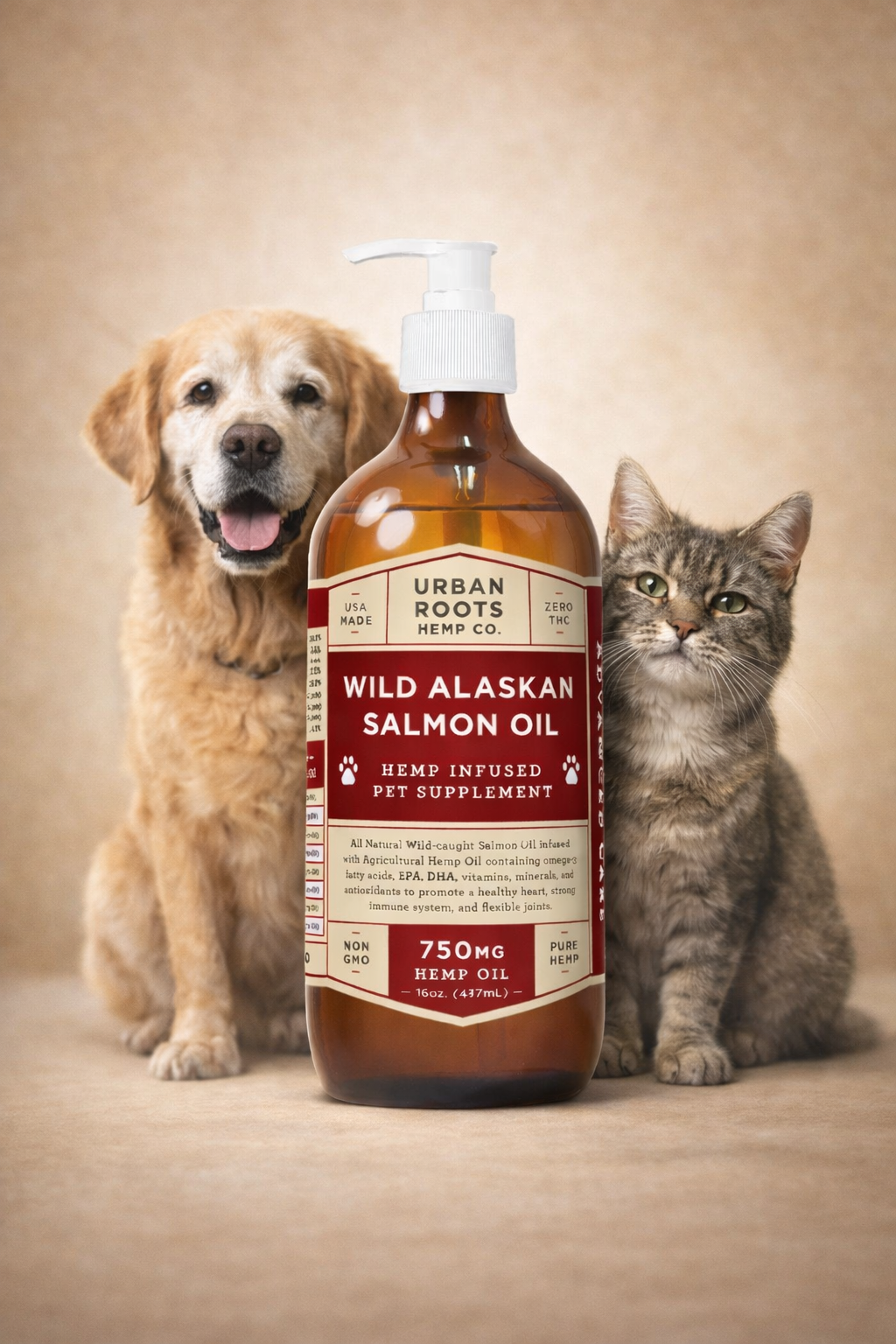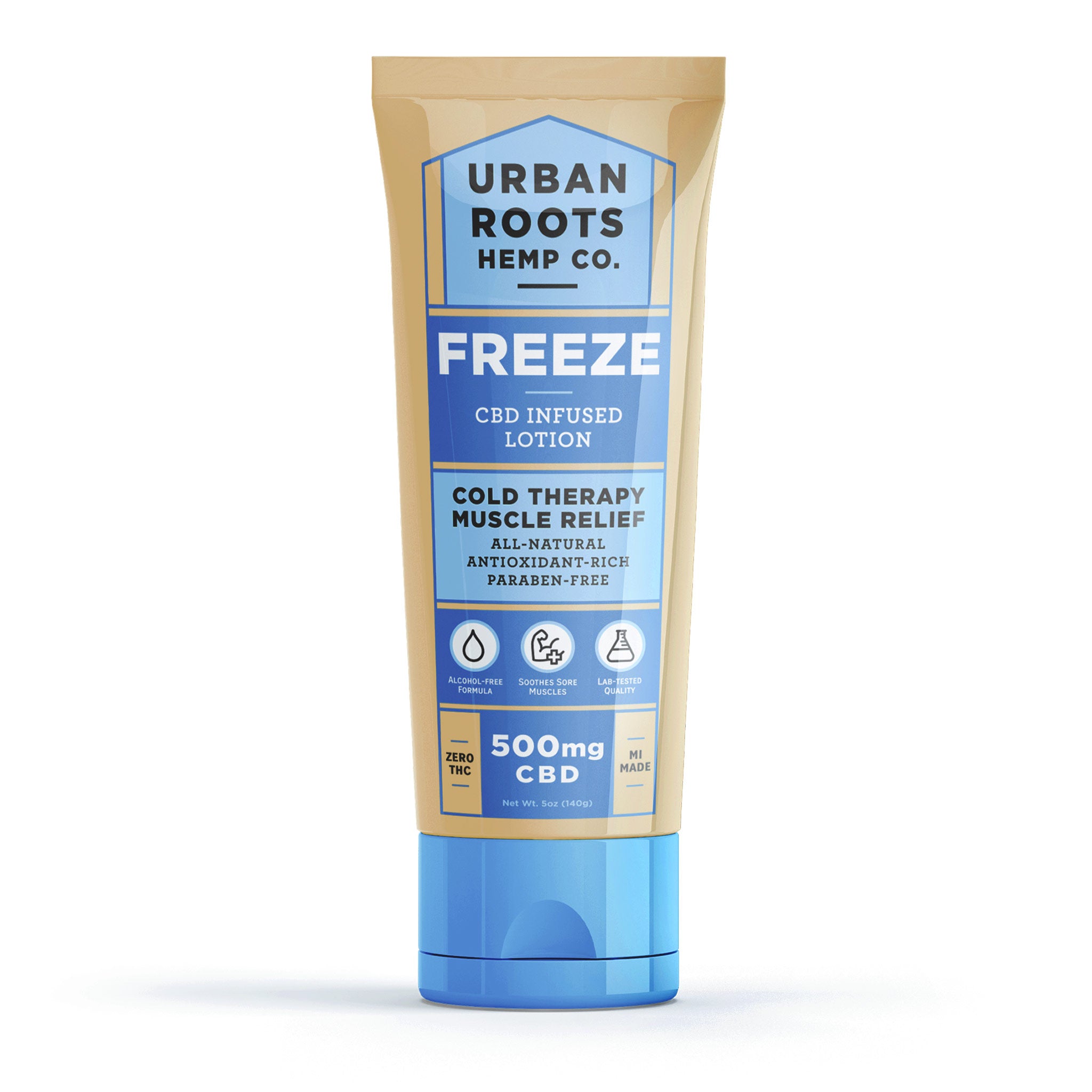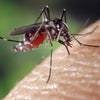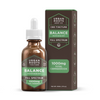How CBD May Help Treat Eczema and Dry Skin


The dry winter air often brings with it extra dry skin. For those of us who are susceptible to it, it also can trigger an itchy, inflamed, rash like condition known as dermatitis or eczema. This condition is extremely common, with over 31 million people being affected by some form of it in the United States alone. Eczema can appear during childhood, adolescence, or adulthood, and vary from mild to very severe.
Eczema has no cure and even its exact cause is not completely known to dermatologists and other experts. However, we do know that the condition is related to the immune system and our bodies’ inflammatory response. For that reason, CBD may be an effective treatment for the uncomfortable symptoms of the condition, if not for the condition itself.
Before we move forward with that discussion, however, let’s take a closer look at what eczema is.
Causes and Symptoms of Eczema
Although we don’t know the exact underlying causes of eczema, it is clear that it’s some combination of genes and environmental triggers. In other words, if you are susceptible to the condition, then certain allergens or irritants in the environment will cause an inflammatory response that results in the classic itchy and redness symptoms. It’s not quite clear why the inflammation occurs in the first place, but the inflammation is the cause of the symptoms. Remember that when we come back to talking about how CBD may help.
There are various types of eczema and the symptoms of the different types can present themselves differently based on the individual. The most common symptoms of eczema for most people include:
- Itchiness
- Dry, sensitive skin
- Inflamed, red skin in the affected area
- Rough or scaly patches of skin
- Oozing or crusting
- Swelling of the affected area
You may have one of these symptoms or multiple, and the best way to determine if you indeed have eczema is to consult with a dermatologist or other medical professional.
What Can You Do about Your Eczema?
As we mentioned, there is no cure for eczema. With that said, there are several treatment options and courses of action you can take. Most people will isolate and attempt to avoid their specific triggers. When avoiding triggers is not possible, then they will often turn to over the counter lotions and creams or are prescribed topical medications.
The key with any remedy is consistency. You have to consistently avoid your triggers, consistently use over the counter and prescription topicals, and consistently keep the area clean and moisturized.
When it comes to using CBD topicals for eczema, consistency is also extremely important, as it needs time to build up in your body.
When to Use CBD for Eczema
Many people will turn to CBD topical products when traditional remedies aren’t producing the results they want or they bring unwanted side effects with them. CBD is an all natural substance that works with your body to bring it back into balance, instead of masking the symptoms or forcing them to go away without dealing with the cause.
If you’re considering using CBD for your eczema, the first thing you should do is talk to your dermatologist. They will determine whether the condition you suffer from is indeed eczema and let you know what they think the best treatment option is based on your specific body and symptoms. We cover how to talk to your doctors about trying CBD in this article.
How Does CBD Work
CBD has the potential to help skin conditions by acting through our endocannabinoid system (ECS). This system acts as a biochemical communication highway throughout our bodies and is intimately intertwined with our skin, the largest organ in the human body. In a nutshell, the ECS is made up of a network of receptors, enzymes, and biochemical pathways involved in manufacturing and using the body’s own form of cannabinoids: endocannabinoids (“endo” meaning "originating within the body").
It is now generally accepted by the medical community that cannabinoids can modulate many physiological systems in the human brain and body, and that they do so by acting through the ECS.
The medical community also recently discovered that the skin is closely connected to our endocannabinoid system. More specifically, the skin produces two types of endocannabinoids, known as anandamide (AEA) and 2-AG. These molecules are then synthesized by different cells in the epidermis, hair follicles, and sebaceous (oil) glands. Additionally, CB1 and CB2 receptors are present in nearly every type of skin cell, which means that endocannabinoids and cannabinoids can bind with them and affect changes.
CBD and Eczema
As we said, the annoying, uncomfortable symptoms of eczema are largely the result of inflammation. That is to say, they are the result of an immune response triggered by a certain allergen or irritant in people susceptible to eczema. The way CBD may help the condition is through its anti-inflammatory properties.
When you rub a CBD topical onto the affected skin area, the CB1 and CB2 receptors in the skin are activated, modifying the function of your skin cells. These modifications help to regulate the skin’s immune and inflammatory systems by creating anti-inflammatory effects and suppressing the activation of the immune system when it is not really needed. This function helps mitigate and improve rashes, redness, hives, and other conditions that result from an immune system inflammatory response.
What the Research Shows
Although there hasn’t been a large amount of research looking into CBD and eczema, there are several studies that support CBD’s positive effects on the condition:
- A study published in PubMed in 2020 involved participants with self-reported eczema who used CBD cream and then reported on their symptoms. Over half of the participants reported that CBD improved their eczema condition by more than 60%
- A 2019 study also published in PubMed found that CBD might be effective at treating eczema and psoriasis as well. Psoriasis is a chronic autoimmune disease in which skin cells grow and divide at accelerated rates, causing eczema to appear on the skin. CBD is thought to help by reducing the inflammation caused by the psoriasis and, possibly, acting through the endocannabinoid system to reduce the rate of skin cell division itself.
- A 2014 study found that hemp seed oil was useful for treating eczema and other skin conditions such as psoriasis, acne rosacea, and seborrheic dermatitis.
Conclusion
Eczema is an uncomfortable and often painful condition that millions suffer from. Although it won’t cure the unknown cause of the inflammation, CBD may have the potential to relieve the inflammation, bring your body back into homeostasis (balance), and improve your symptoms. What’s more is that there are no downsides to giving it a try, because there are no known serious negative side effects. So, talk to your doctor, do your research, and determine for yourself whether it may be worth using to improve your condition.
At Urban Roots, we offer several high quality CBD topical products, including our Arbor & Shore Body Butter. Here is what one of our customers had to say about it:
“Hey team wanted to let you know that I was using your Body Butter on my knees for pain. It was working great, so I figured I would see how it would work on my calves just for my dry skin and sometimes eczema. I cannot believe how well it worked after a few days!!! Super happy customer and just had to let you guys know!!” -Vicky
Here is a link to our full line of topical products.
If you have any questions about CBD or our products, please don’t hesitate to contact us!









